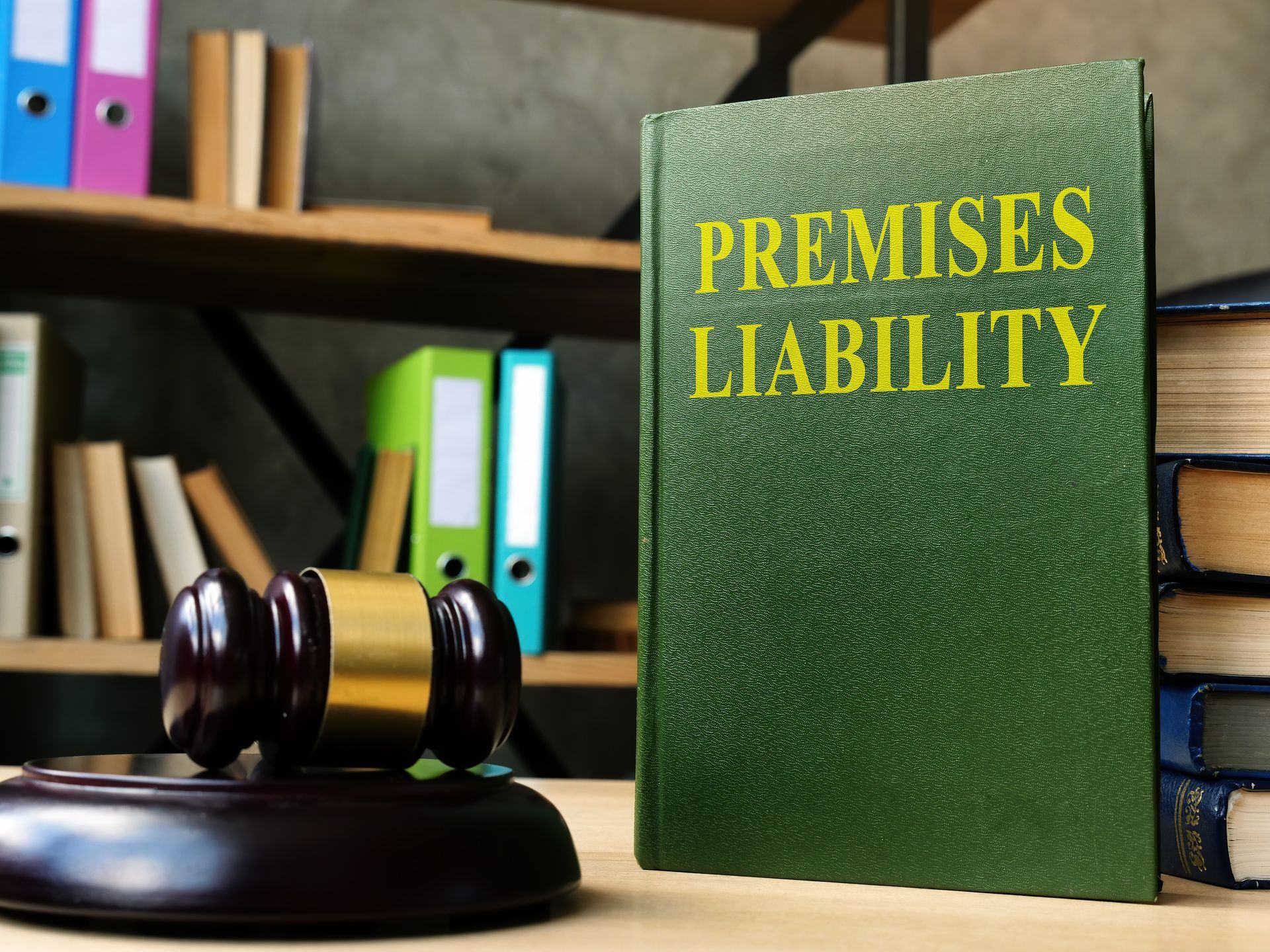Contact Us
Phone: 402-629-6650
Location
1905 Harney St
Suite 503
Omaha, NE 68102
Hours
- Mon - Fri
- -
- Saturday
- -
- Sunday
- Closed
Understanding the Statute of Limitations for Car Accidents in Nebraska
Understanding the Statute of Limitations for Car Accidents in Nebraska
If you have been involved in a car accident in Nebraska, it is important to understand the statute of limitations that applies to your case. At VandenBosch Law, LLC, we are dedicated to assisting Omaha residents with their personal injury matters, including car accidents. In this blog post, we will discuss what the statute of limitations is for car accidents in Nebraska and why it is crucial to act promptly if you have been injured in a crash.
The statute of limitations for car accidents in Nebraska is typically four years from the date of the accident. This means that you have four years from the date of the accident to file a lawsuit seeking compensation for your injuries and damages. It is important to note that if you fail to file a lawsuit within this time frame, you may lose your right to seek compensation altogether.
It is essential to act promptly if you have been injured in a car accident in Nebraska. The sooner you consult with an experienced personal injury attorney, the better your chances are of obtaining fair compensation for your injuries and damages. At VandenBosch Law, LLC, we can help you navigate the legal process and fight for the compensation you deserve.
In addition to understanding the statute of limitations for car accidents in Nebraska, it is also important to gather evidence and documentation related to your case. This may include police reports, medical records, witness statements, and photographs of the accident scene. By gathering this evidence early on, you can strengthen your case and increase your chances of obtaining a favorable outcome.
At VandenBosch Law, LLC, we have extensive experience handling personal injury cases, including car accidents. We understand how overwhelming it can be to deal with the aftermath of a crash and are here to provide you with compassionate and knowledgeable legal representation. Our team will work tirelessly to ensure that your rights are protected and that you receive fair compensation for your injuries.
In conclusion, understanding the statute of limitations for car accidents in Nebraska is crucial if you have been injured in a crash. By acting promptly and seeking legal representation from VandenBosch Law, LLC, you can increase your chances of obtaining fair compensation for your injuries and damages. Do not hesitate to reach out to us if you need assistance with your personal injury matter – we are here to help.





Schedule a Case Evaluation
Contact us now!
Homepage FCE Form
We will get back to you as soon as possible.
Please try again later.
By submitting this form, you agree to be contacted by our law firm, either by phone, text or by email.
Practice Areas
Hours
- Mon - Fri
- -
- Saturday
- -
- Sunday
- Closed
Disclaimer: The information on this website is for general information purposes only. Nothing on this site should be taken as legal advice for any individual case or situation. This information is not intended to create, and receipt or viewing does not constitute an attorney-client relationship.
All Rights Reserved | VB Law | Powered By Convert It Marketing | Privacy Policy
All Rights Reserved | VB Law | Powered By Convert It Marketing | Privacy Policy






